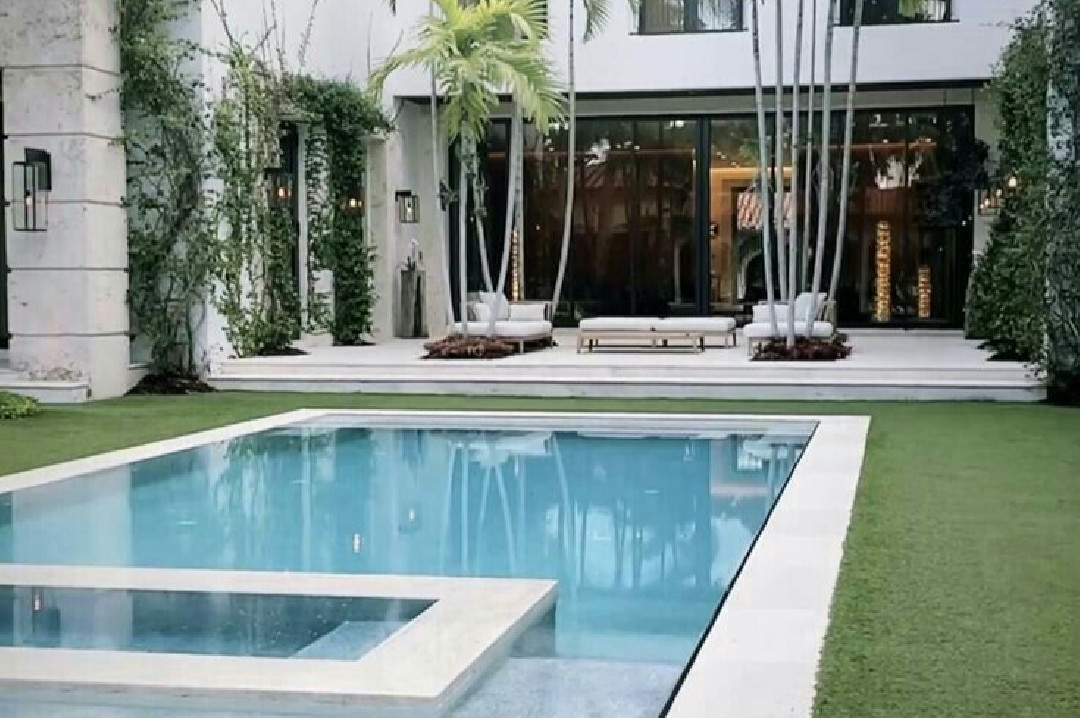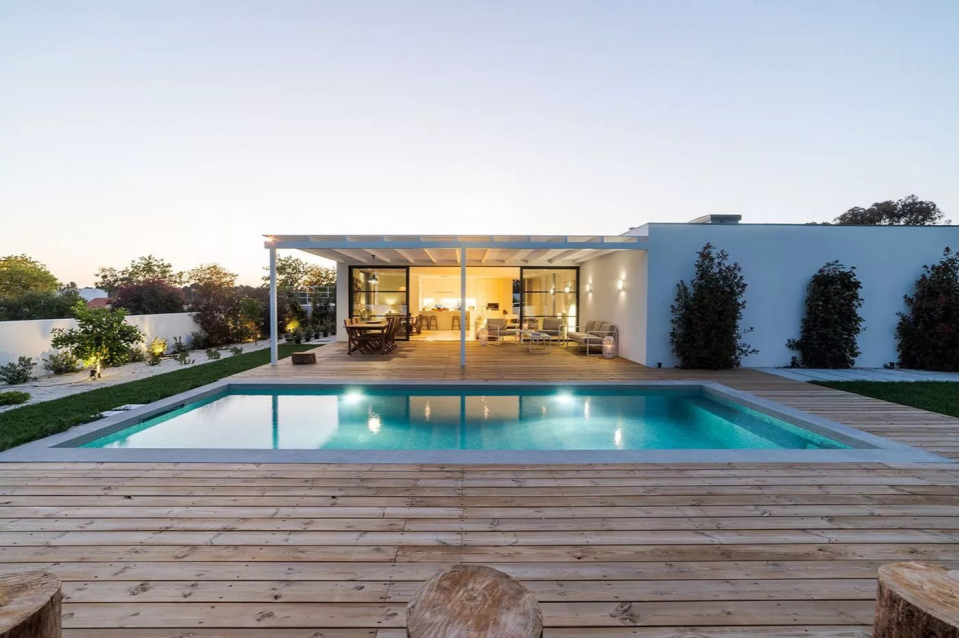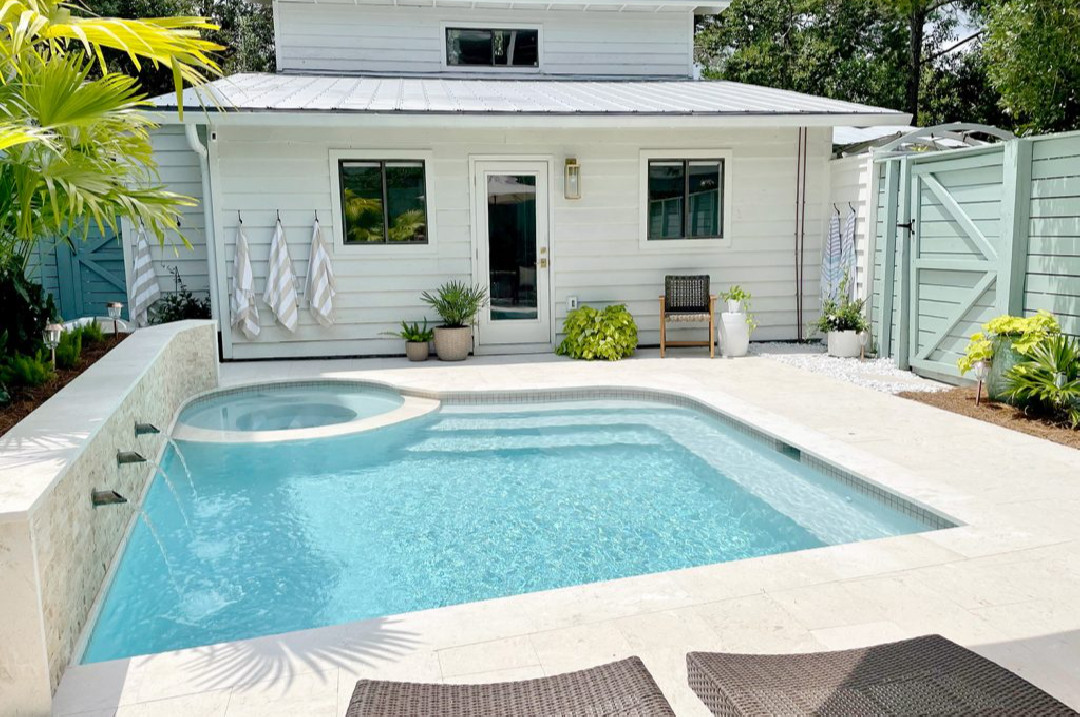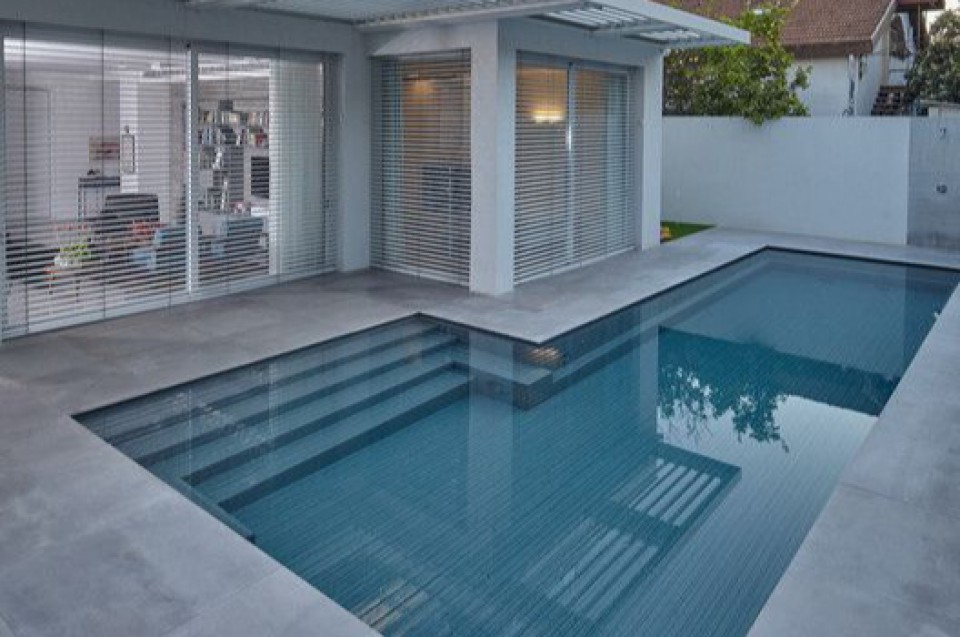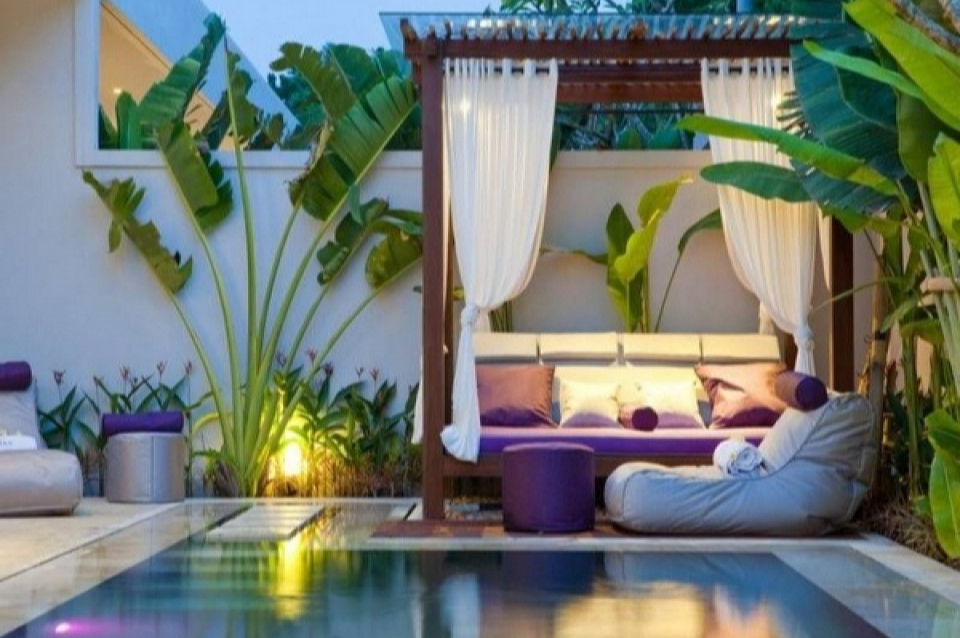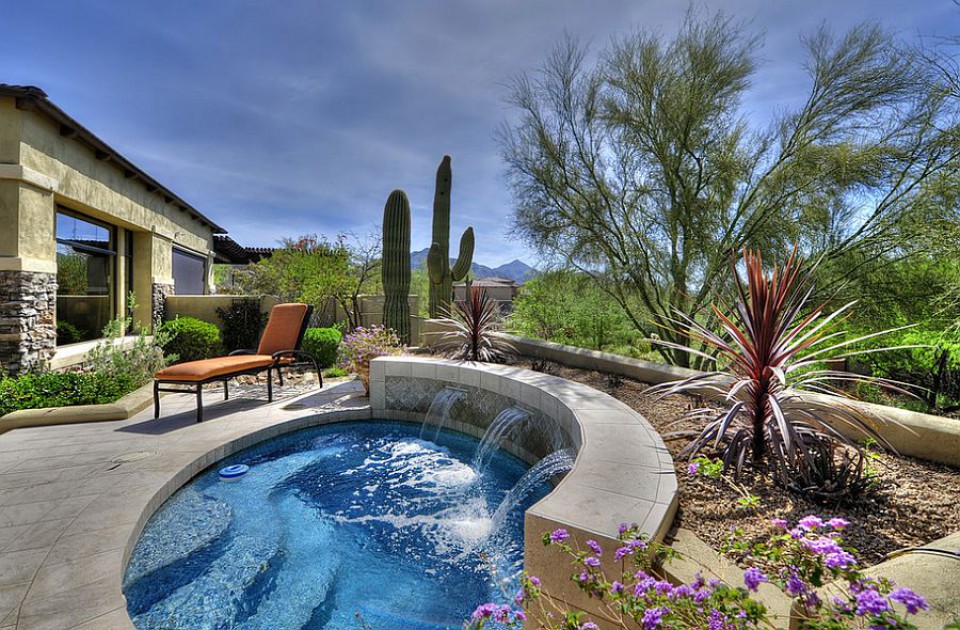Comparison Between Indoor and Outdoor Pools
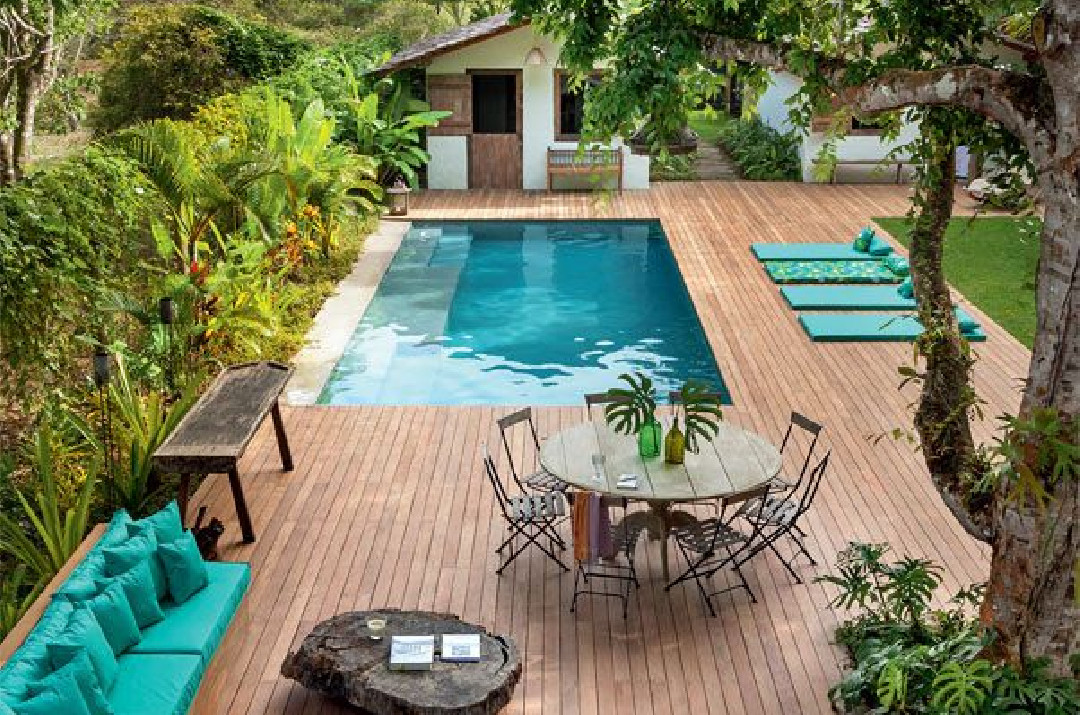
Swimming pools are one of the most popular features that can add both aesthetic value and comfort to a home. When considering building a swimming pool, one of the key decisions to make is whether to choose an indoor or outdoor pool. Each type of pool has its unique advantages and disadvantages, and the right choice will depend on your needs, preferences, and environmental conditions. Here is a comparison between indoor and outdoor pools to help you make a more informed decision.
1. Year-Round Usage
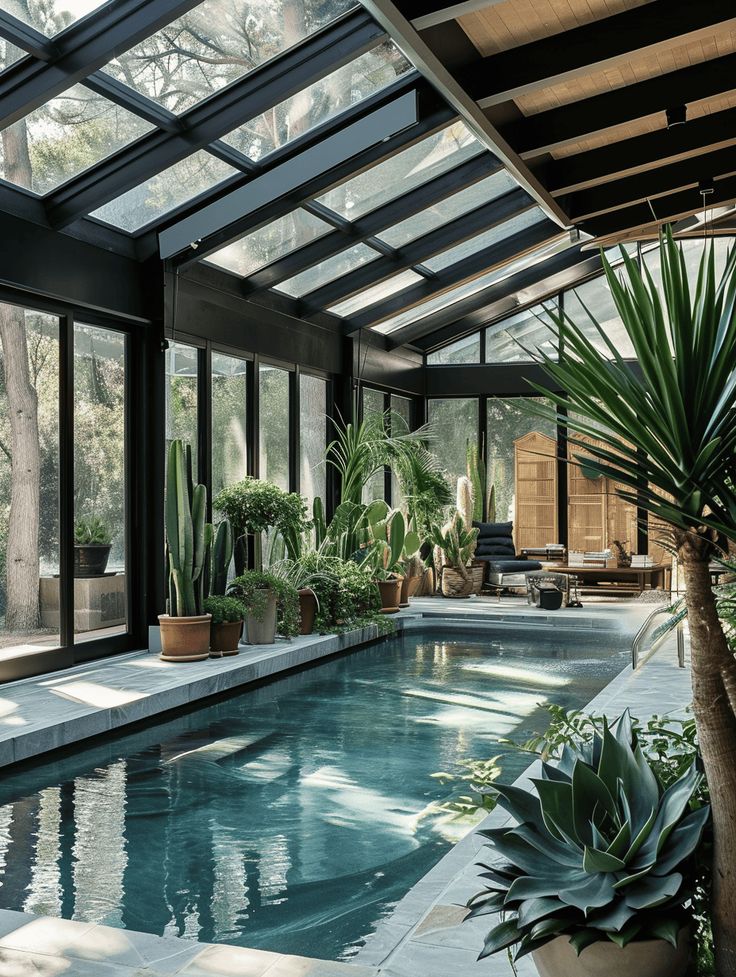
One of the primary differences between indoor and outdoor pools is their ability to be used year-round. Indoor pools are typically sheltered from extreme weather conditions, making them accessible at any time, regardless of the season or weather. This makes them an ideal choice for regions with unpredictable climates or long winters. You can swim or exercise in an indoor pool without worrying about rain, snow, or strong winds.
On the other hand, outdoor pools are more affected by weather conditions. In regions with warm or tropical climates, outdoor pools can be a pleasant place to relax and enjoy the sunshine almost year-round. However, in areas with long winters, outdoor pools may only be usable for a few months each year. The use of outdoor pools is also dependent on daily weather conditions, such as rain or wind, which can reduce the comfort of swimming.
2. Construction and Maintenance Costs
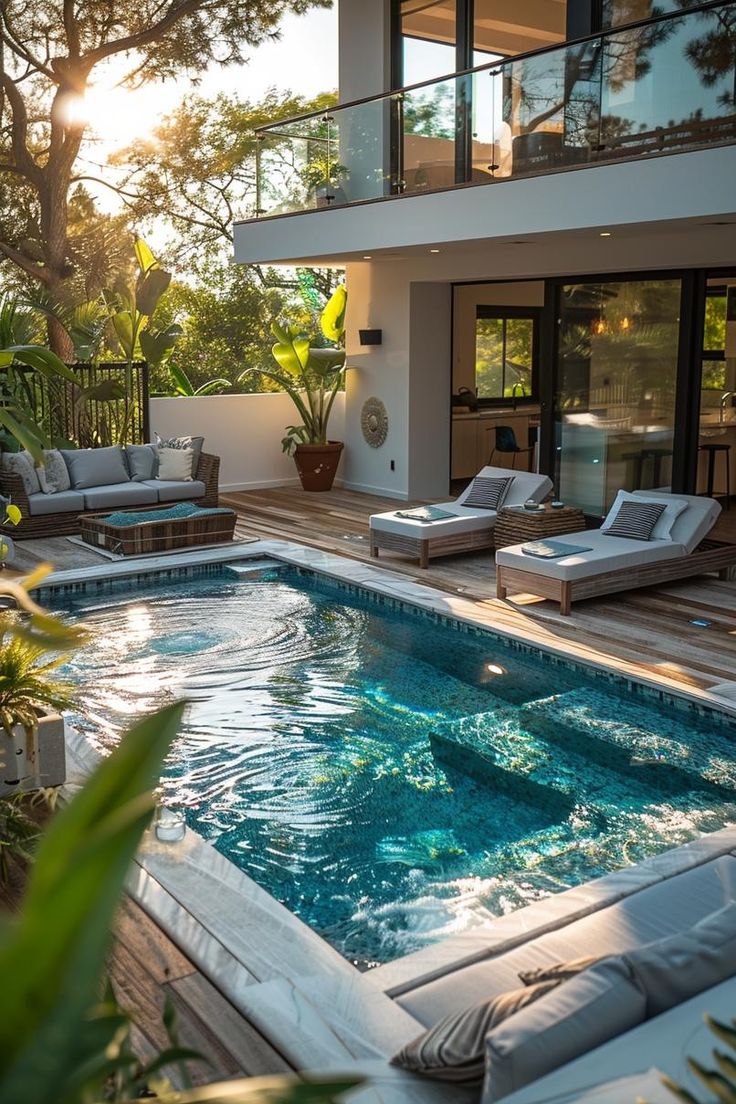
Cost is another crucial factor when choosing between indoor and outdoor pools. Indoor pools generally require higher construction costs due to the need for additional structures such as walls, roofs, and proper ventilation systems to prevent humidity issues indoors. Additionally, the costs of heating and lighting for an indoor pool tend to be higher, especially if you want to maintain comfortable water temperatures throughout the year.
In contrast, outdoor pools usually have lower construction costs because they do not require additional building structures. However, maintenance costs for outdoor pools can be higher depending on environmental factors such as dust, leaves, and debris that can enter the pool. Additionally, you may need to incur extra costs for pool covers or water heaters if you want to extend the swimming season.
3. Aesthetics and Design
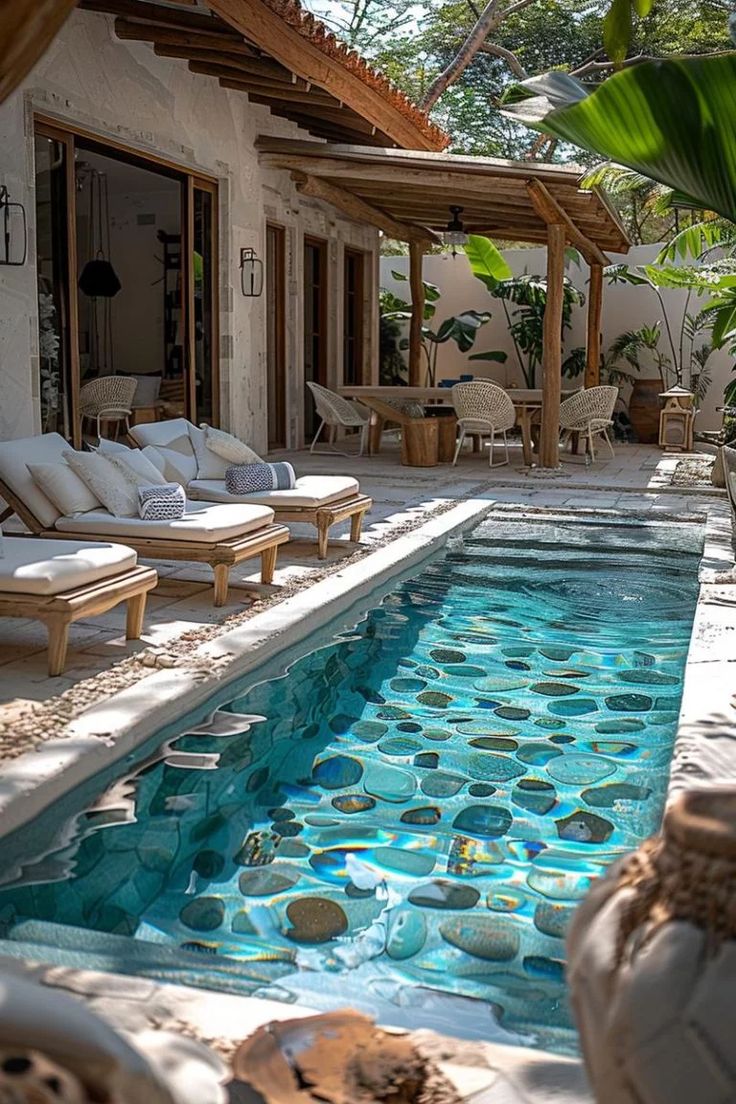
In terms of aesthetics, outdoor pools are often the preferred choice for those looking to create a beautiful and inviting outdoor space. Outdoor pools can be designed to blend with the landscape, garden, or patio, creating a resort-like atmosphere in your backyard. Outdoor pools also offer open views and the opportunity to sunbathe, which many people find appealing.
Indoor pools, while not offering outdoor views, can be designed in a more exclusive and functional style. With full control over the surrounding environment, you can create a spa-like or personal fitness center atmosphere inside your home. Indoor pools can also serve as an architectural element, adding aesthetic value to your home’s interior. Additionally, artificial lighting can be used to create different atmospheres according to your preferences.
4. Privacy and Security
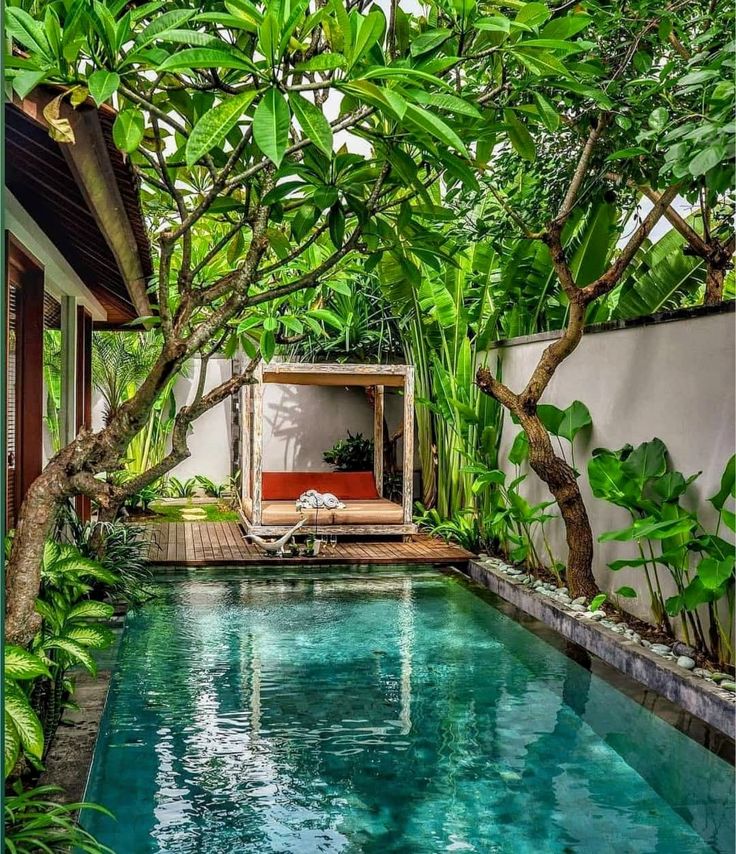
Privacy is another important aspect to consider. Indoor pools offer maximum privacy as they are located inside the home and are shielded from the view of neighbors or passersby. This can be an ideal choice if you want a truly enclosed and exclusive swimming area.
Conversely, outdoor pools are more open and may require additional fencing or privacy screens to ensure privacy. Security is also a key concern, especially if you have young children or pets. Outdoor pools are more susceptible to unwanted access, making it important to install safety fences or sturdy pool covers.
5. Environmental Impact and Energy Efficiency
Indoor pools tend to be more energy-efficient when it comes to heating the water, as they are within a controlled environment. However, the ventilation and lighting systems needed to maintain indoor conditions can consume a significant amount of energy. On the other hand, outdoor pools rely on sunlight to heat the water, which can save energy but also makes the water temperature harder to control.
However, outdoor pools require more attention to environmental maintenance, such as water waste management and the use of chemicals, which must be carefully monitored to prevent negative impacts on the surrounding soil and plants.


